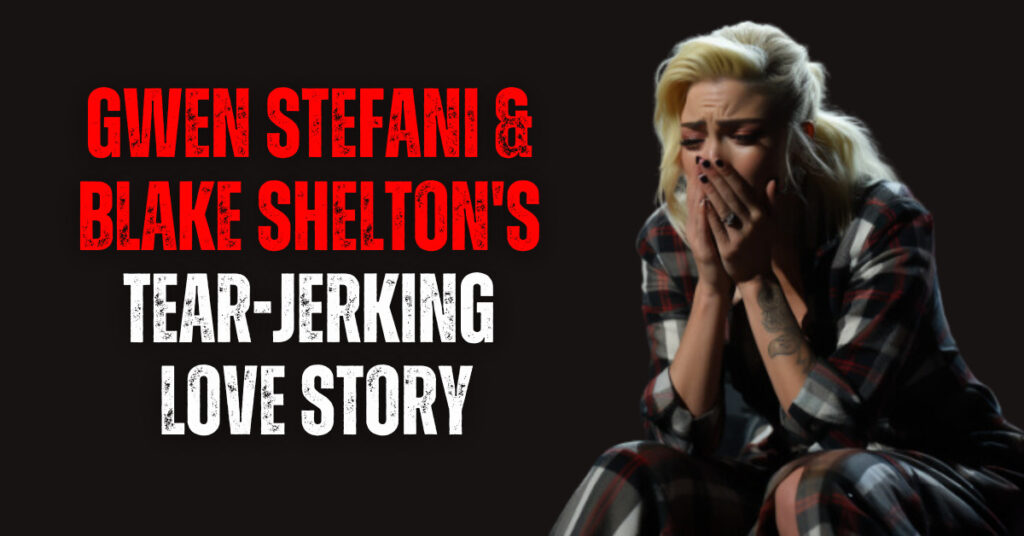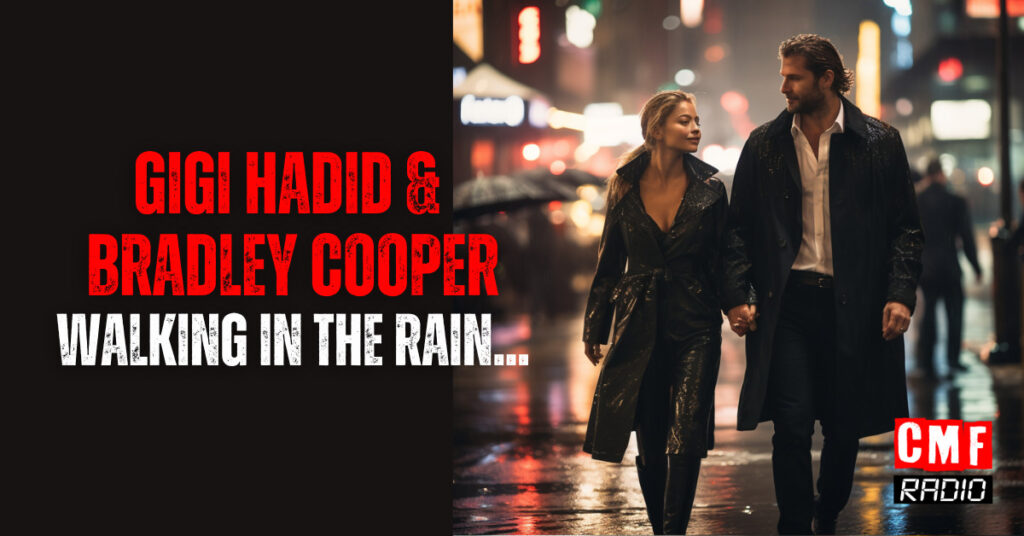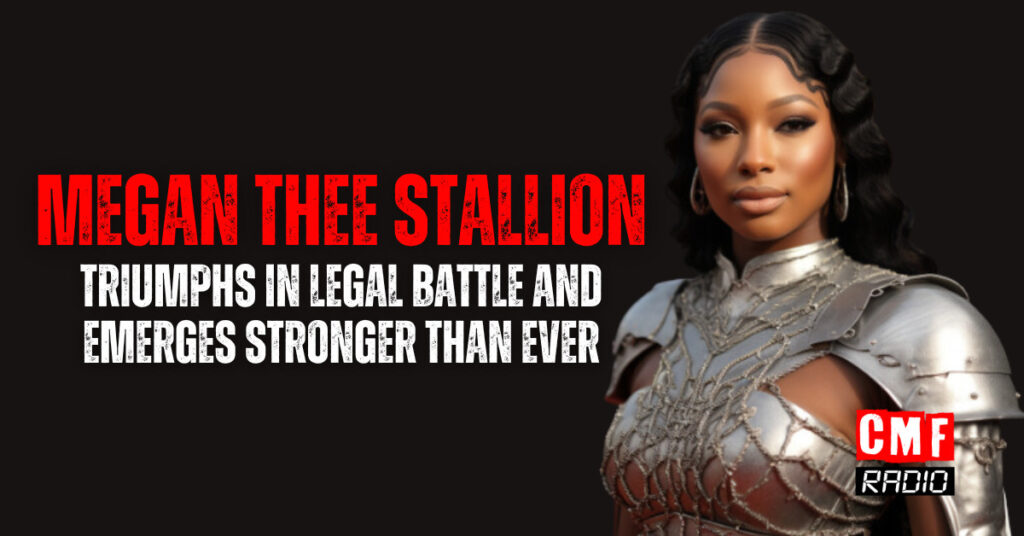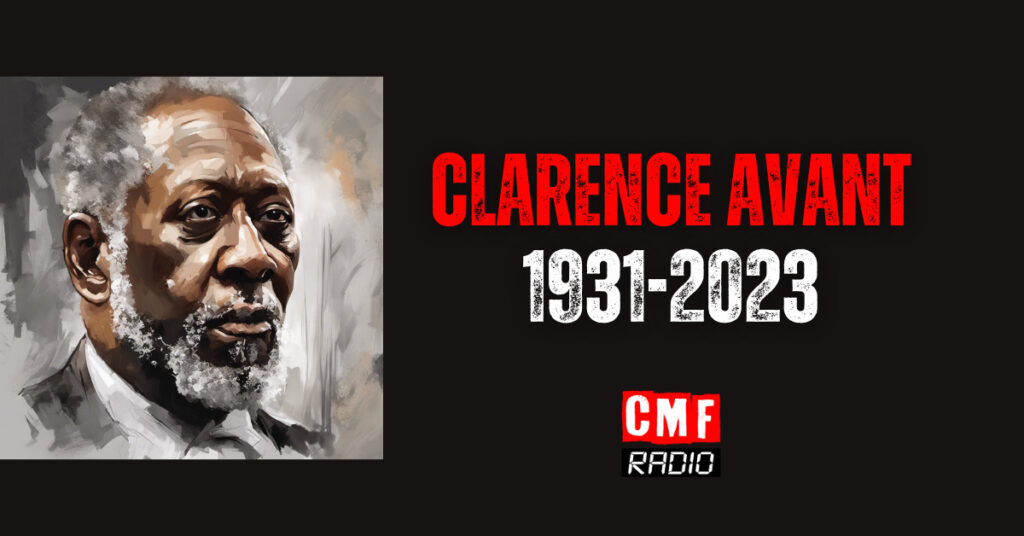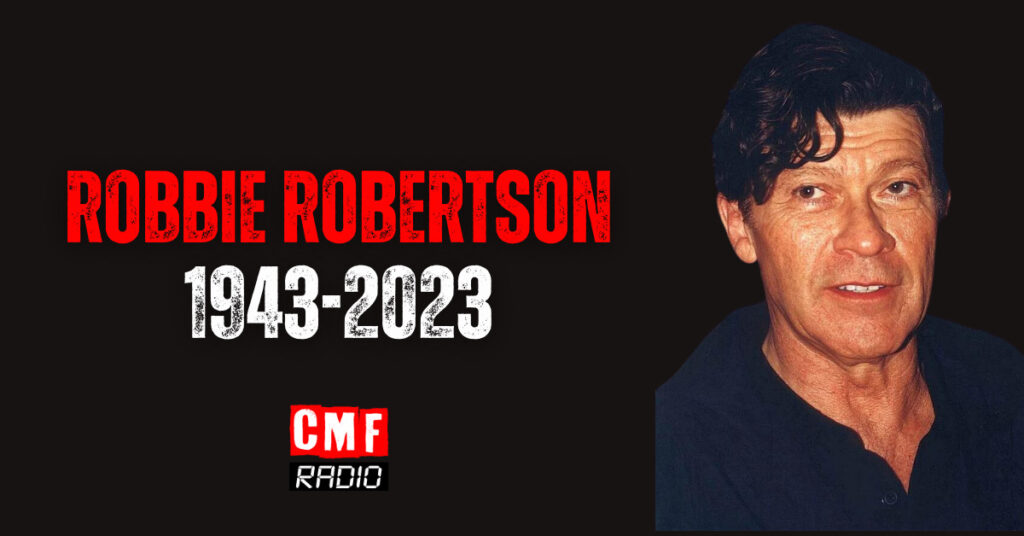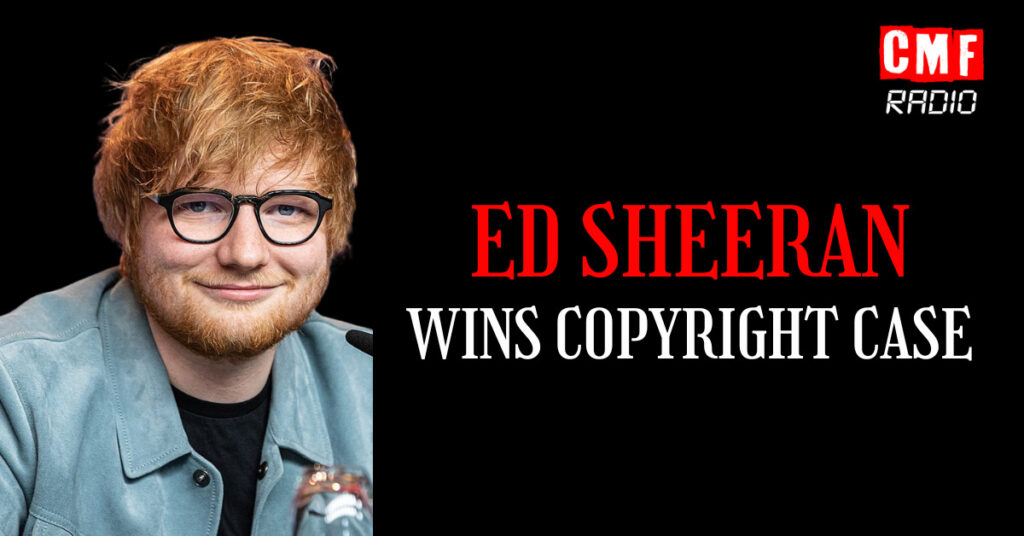
In a legal win for Ed Sheeran, the British singer-songwriter has been cleared of any wrongdoing in a high profile US copyright lawsuit. The case was filed by heirs of Marvin Gaye’s co-writer, Ed Townsend, who claimed that Sheeran’s hit-single, “Thinking Out Loud,” had copied Gaye’s “Let’s Get It On.”
However, a panel of judges ruled that Sheeran had “independently” created his own song, bringing relief to those who had feared that the verdict may have set a precedent that restricted the creative freedom of songwriters.
This is not the first time Sheeran has faced a legal challenge over copyright. He was previously forced to credit co-writers of his song “Photograph” and also successfully fought off a claim against “Shape of You.” Despite these accusations, Sheeran has always maintained that his music is drawn from a variety of sources and that he has always respected the work of other artists.
In this latest case, Sheeran defended himself in court by playing snippets of both songs on his guitar to demonstrate that he had not copied any elements from “Let’s Get It On” in his hit track “Thinking Out Loud.” A federal jury ultimately ruled that Sheeran had not infringed on the copyright of the earlier tune. For Sheeran, this verdict is not only a welcome relief, but also a victory for all artists who are regularly targeted by opportunistic copyright lawsuits.
The ruling acknowledged that the chord progression used in Sheeran’s song was part of a common musical toolkit and had been used throughout music for decades. The verdict may set an important precedent for future copyright cases in the music industry, allowing artists to have more freedom when creating new work. It is a reminder of the ongoing importance for artists to pay close attention to issues surrounding copyright and creative originality.
Despite the accusations, Sheeran’s songwriting integrity remains untarnished, with the judge deeming his use of the chords as a “commonplace musical element” that cannot be protected under copyright law. This case has raised intriguing questions over the originality of pop music and has been part of a string of lawsuits that test them in a bid for a better understanding of this complex subject.
This courtroom victory is a relief to Sheeran since the lawsuit reportedly sought over $100 million in damages. The singer expressed relief that the baseless claims were thrown out, but voiced his exasperation that these cases even make it to court. For now, the courts have ruled in Sheeran’s favor and he can continue releasing hit songs without any legal troubles.




